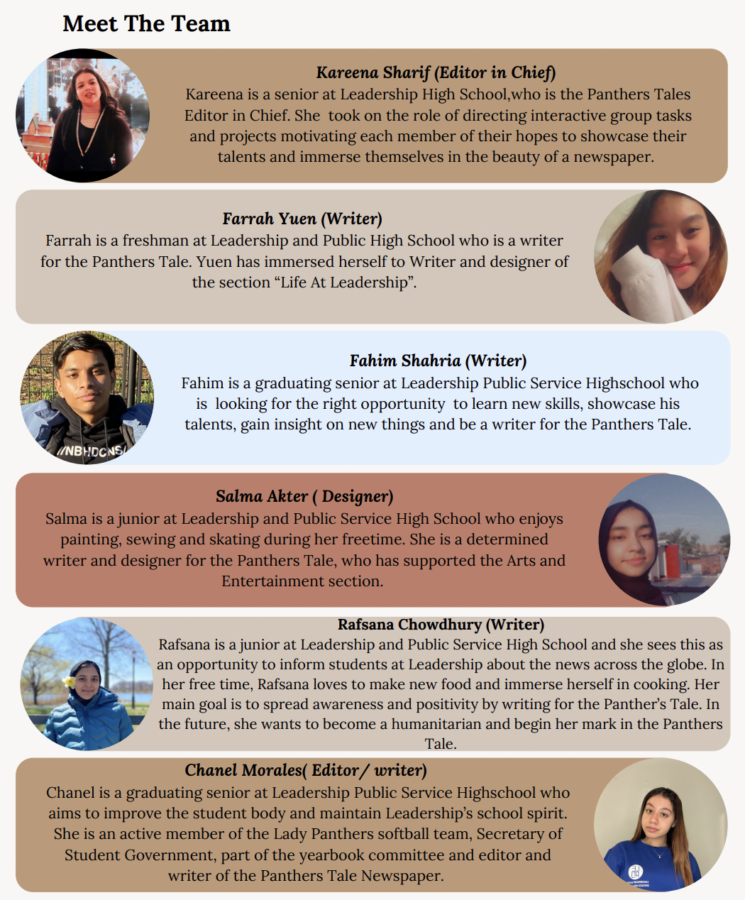As the holy month of Ramadan begins, many students face the challenges of balancing fasting and schoolwork. With early mornings, long days, and exams approaching, how do they stay focused and motivated?
Ramadan is the ninth month of the Islamic calendar, observed by Muslims worldwide as a time of fasting, prayer and good deeds. The Muslims across the world fast from dawn to sunset. Those who observe Ramadan refrain from food and drink, focusing instead on spiritual growth and self discipline. It is important to know that Ramdan is not only about fasting. It is a sacred period that encourages gratitude, charity and connection with Allah Tala. For students, fasting while keeping up with academic responsibilities presents unique challenges, making time management, changes in sleep schedule throughout the month.

Waking up before dawn for suhoor, the pre-fast meal, can make it difficult for students to get enough rest before a long school day. “It affects our sleep schedule because you have to wake up for suhoor very early and then come to school”, said Mohammad, one of the Muslim students of our school. This lack of sleep combined with hunger can make concentrating in school difficult for the students. But despite these challenges, every Muslim student finds ways to push through, relying on discipline and faith to stay focused in the class.
Focusing more on your deen and spiritual goals during the month of Ramadan leads to changes in day to day schedule for a lot of people. Changing your daily schedule can change your studying schedule as well. Many students said that they had to change their studying schedule to keep up with their homeworks and upcoming tests. Students in our school said that the teachers don’t usually give that much homework, which is great for Muslims students during Ramadan. But when I asked the students if they wanted the school to provide any accommodations during the Ramadan, one accommodation that was popular among the students was to postpone the upcoming tests as it is test season and SAT and PSAT are happening during Ramadan. One of the students, Nazifa said, “It is tough to study for the SAT during Ramadan as you are fasting and can’t properly focus and can’t give your 100 percent”. It is obviously understandable that changing the dates for the SAT and PSAT is a huge deal but considering the fact that there are a lot of Muslim students taking the test in NYC maybe the board should try to provide this accommodation.

Eid al-Fitr, the festival marking the end of Ramadan, is a time of joy and celebration for Muslims worldwide. After a month of fasting, families gather for prayers, feasts, and festivities. However, many students feel that the school break for Eid al-Fitr is too short. “The schools are closed for only one day for Eid al-Fitr, which is not a good thing,” said Mohammad. Unlike other religious holidays that often come with extended breaks, Eid is usually given just a single day off, making it difficult for students to fully celebrate with their families. In countries like Saudi Arabia, the UAE, and even the UK, schools grant multiple days off for Eid, recognizing its cultural and religious significance. Extending the break would allow students to properly observe the holiday without stress, just as others do for Christmas or Thanksgiving.
Despite the challenges of fasting while managing schoolwork, Muslims students push through with resilience, drawing strength from their faith and spiritual rewards of Ramadan. While hunger and disrupted sleep schedule can make focusing in classes difficult, students stay committed to both their education and religious practices. However, schools can take steps to better support students during Ramadan. Simple accommodations like postponing major tests during Ramadan, longer breaks for Eid al-Fitr,and allowing a day off for Laylat al-Qadr, one of the holiest night of Ramadan– would help the students balance their academic responsibilities during the holy month of Ramadan.













